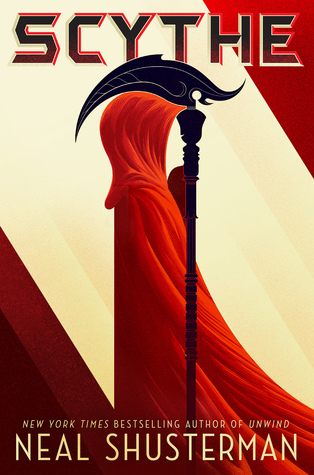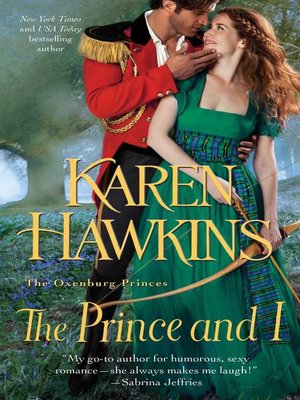 |
| Viz Media |
Nobuhiro Watsuki
2003
The Summary
"140 years ago in Kyoto, with the coming of the American 'Black Ships,' there arose a warrior who, felling men with his bloodstained blade, gained the name Hitokiri, man slayer! His killer blade helped close the turbulent Bakumatsu era and slashed open the progressive age known as Meiji. Then he vanished, and with the flow of years, became legend.
"In the 11th year of Meiji, in the middle of Tokyo, this tale begins...."
The Good
I originally watched the anime, before I picked up the first volume of Rurouni Kenshin and, honestly, it's been some time since I last read it; however, I was glad to sink back into Meiji era Tokyo and reacquaint myself with Himura Kenshin. Jumping back into the graphic novel wasn't as difficult as I imagined. The manga reads right to left, but it only took me a few minutes to reorient myself and I was happily plodding through the story.
I'm pleased I still enjoyed Rurouni Kenshin. I mean, I didn't always understand the humor (of course, I never understood the humor when I first read it either), but I enjoyed returning to Kenshin, Kaoru, Yahiko, Sanoske, and everyone else. There was a bit nostalgia there, because I remember devouring this series when I first read it; however, I found I still enjoyed it.
I like the action balanced by moments of silliness; I like the dueling kindness and ferocity of Kenshin; I even like Yahiko and Kaoru's arguments. I find it fun to read and I enjoy it with the same enthusiasm I once did. It's absurd, yes, but it's fascinating at the same time. It offers a glimpse into Japanese culture and, as it's an area with which I'm unfamiliar, it's very insightful.
More to the point, as an adult, I find that I like reading the side notes Nobuhiro peppers throughout his narrative. I once skimmed through the commentary, because I thought it was boring, but, now, I enjoy reading the "Secret Life of Characters" and finding out the different inspirations for Rurouni Kenshin.
Likewise, reading the series ago allows me to notice details I didn't catch in previous readings. It has been literal years since I read Rurouni Kenshin, so it's nice to know I still remember the story; however, it's also interesting to see the small details I missed and the sudden clarity I have about earlier details that I hold from reading later volumes. I know more about Kenshin now than I did then, which means it's a completely different experience to read the earliest volumes.
The Bad
Like I mentioned, I'm not sure I understand the humor in Rurouni Kenshin. Some things are funny, some things are not. It's kind of an acquired taste, I think, but it's pretty easy to acclimate.
One thing I have noticed since returning to the earlier volumes is how different the artwork looks to me now. I mean, the earlier panels have thick, heavy lines in comparison to the lighter, thinner shapes of later volumes. You can tell Nobuhiro's earlier work; that is, it shows in the heaviness of light and shadow, the proliferation of lines, the heavier details. It's quite different from the last volume.
The Ugly
Violence.
Kenshin isn't a killer. He vows never to kill again and he carries a sakabato, a reverse-edged sword; however, that doesn't mean he can't injure, wound, and potentially maim. Moreover, some people don't have the same qualms as Kenshin and they won't hesitate to hurt others.






